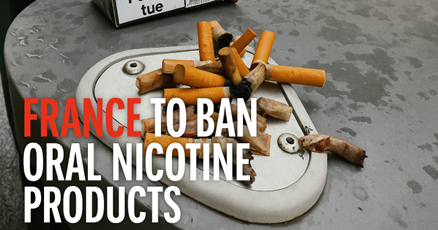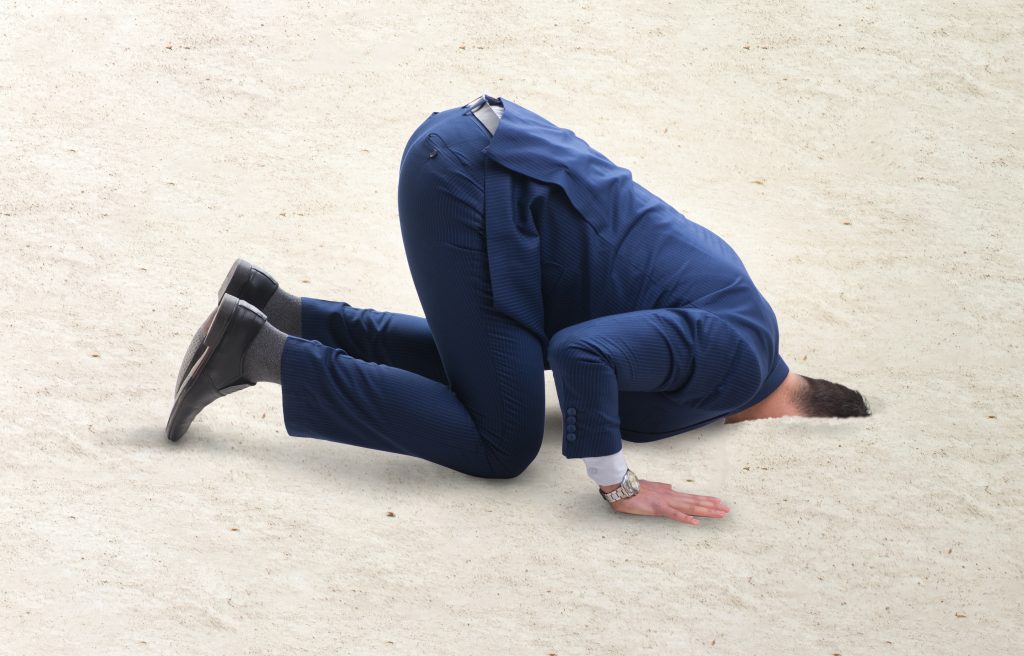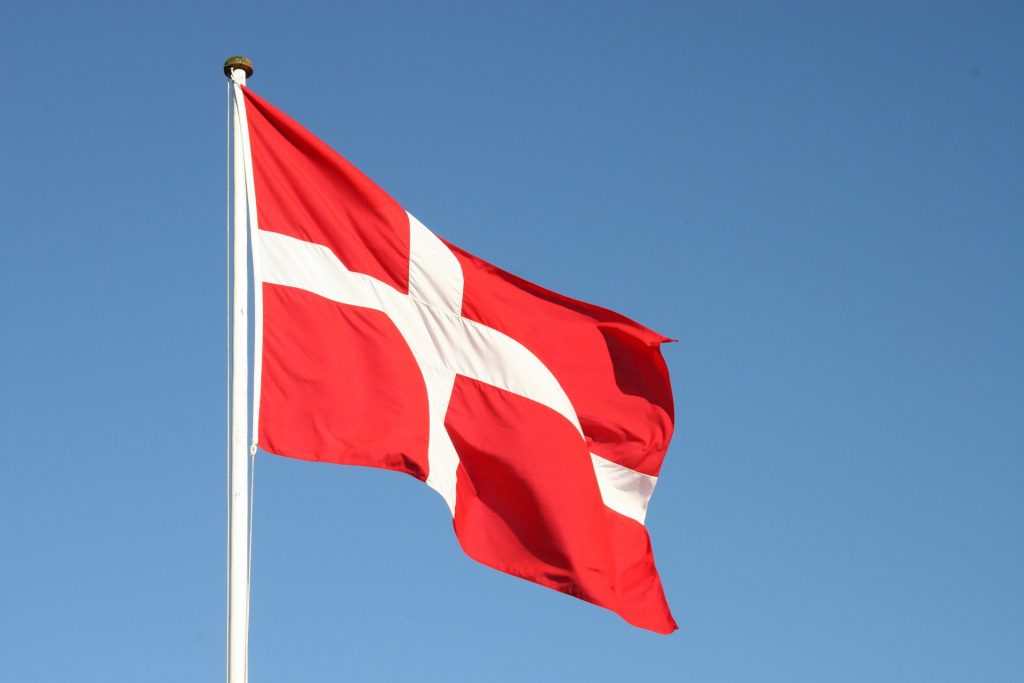Make France Smoke Again? Pouches Banned Starting Spring 2026
08th Sep 2025

France has been flirting with the idea of banning oral nicotine, and on September 5, 2025, they made it official. Starting in March 2026, even having a can in your pocket when you step off the train could lead to hundreds of euros in fines, with much more severe penalties for importers and sellers. This is grim news for the quarter of the French population that currently smokes cigarettes and might be interested in switching to a less harmful nicotine product.
WHAT DOES THE DECREE SAY?
• Scope. The decree prohibits the manufacturing, importation, distribution, possession, and usage of all oral products containing nicotine, except for those classified as medicinal products or medical devices.
• Product definition. All manufactured products composed wholly or partly of nicotine (synthetic or natural), packaged for sale, and designed for oral use are included within the ban (non-medicinal pouches, gums, lozenges, beads, pastes, strips, and liquids).
• Excluded products. The ban does not apply to smokeless tobacco products such as chewing tobacco (tabac à chiquer), even though they are known to be carcinogenic.
WHAT DOES THE DECREE MEAN?
• Criminalises a low-risk nicotine format that former smokers use to stay off cigarettes. Banning sale and possession pushes former and current smokers toward relapse or the black market rather than to safer regulated products.
• Disproportionate response compared to other products. France already regulates cigarettes and vapes. Singling out pouches—without showing they pose a higher health risk than other legal nicotine products—looks like moral panic when better outcomes could be achieved by passing risk-based policies.
• EU market friction. Several EU countries objected, warning of barriers to the free movement of goods. France’s response did not resolve those concerns.
• France’s smoke-free goals in jeopardy. Smoking rates in France barely moved between 2020 and 2023 (-1 percentage point). Blocking effective off ramps from smoking is counterproductive.
WHAT CAN OTHER COUNTRIES LEARN FROM THE DECREE?
• Bans fuel black markets. Criminalising possession doesn’t eliminate demand, it is driven underground and across borders.
• Other paths exist. Sweden achieved the EU’s lowest smoking rate through regulated access to better alternatives, not bans.
• Regulation beats prohibition. Age limits, product standards, packaging rules, and responsible marketing can protect youth while preserving regulated adult access to less harmful alternatives.
The world doesn’t need more prohibitionary fails.
Let’s learn from the past instead of repeating it.





